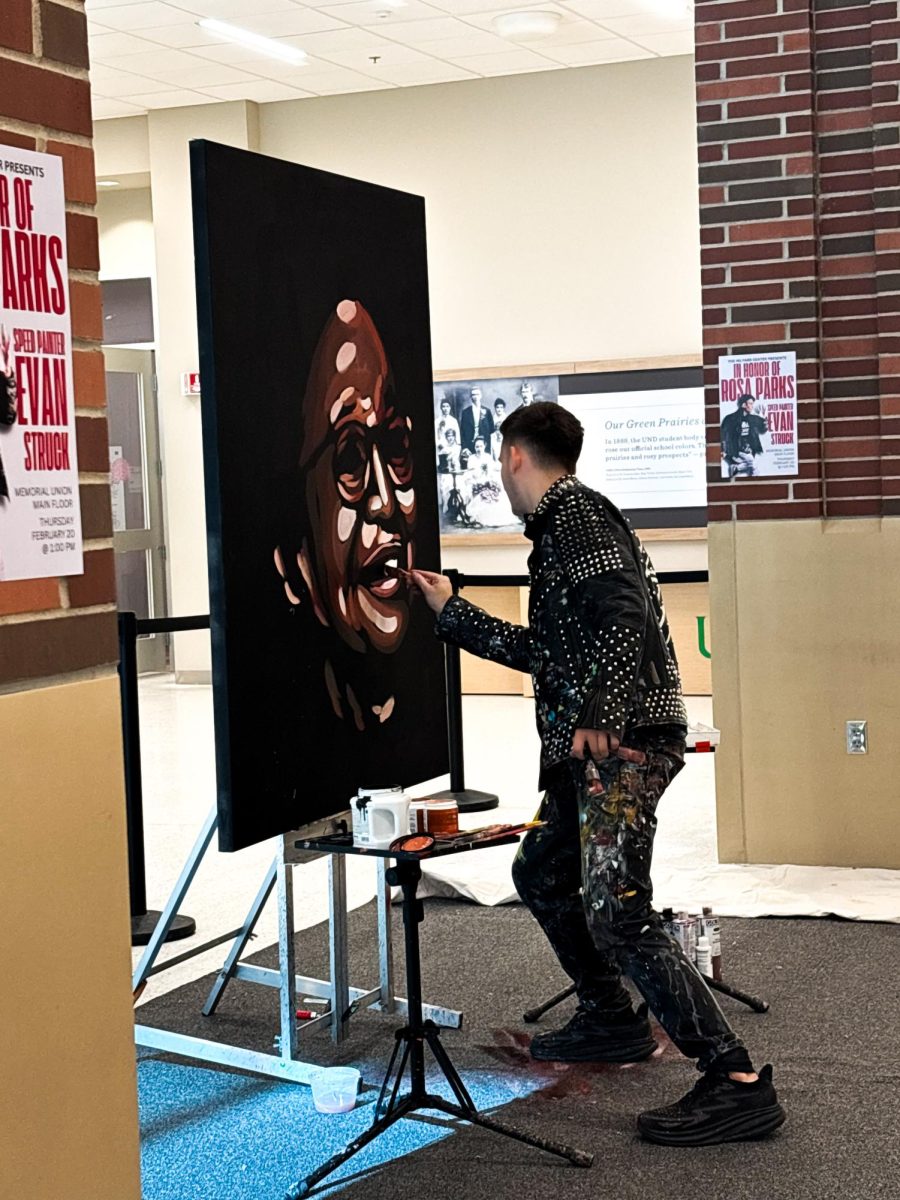February 1st, 2024 marks the beginning of Black History Month. Traditionally observed in February, with origins tracing back 100 years, Black History Month is a time to study, appreciate, and celebrate the historical achievements and contributions from African Americans. This time of recognition and honor is just as important now as it was when it began 100 years ago.
It started with a man named Dr. Carter G. Woodson. He was the son of two former enslaved people, a self-made man, and the “father of Black history.” After becoming the second black man to achieve a Ph.D. from Harvard University in 1912, Woodson took on the mission he would forever be remembered for, educating the public about Black history and fighting misinformation. He founded the Association for the Study of Negro Life and History, which is now known as the Association for the Study of African American Life and History in 1915, the same year the racist propaganda-ridden film, “The Birth of a Nation,” premiered. He also authored many articles and books explaining the true histories and sentiments of African Americans to disprove the inaccurate white perception of race relations of the day. Woodson was especially passionate about teaching young African Americans Black history. He believed precedents would inspire excellence. In 1926, he and the ASALH launched the first Negro History Week. It was set in February because it is the birth month of two important characters to Black history: Abraham Lincoln’s birthday on February 12th and Frederick Douglass’s birthday, celebrated on February 14th.
For 50 years, it was observed unofficially in the United States and celebrated primarily in schools and cities with large African American populations at their own discretion. Some eventually began extending it to the whole month. During the 1960s, at the height of the Civil Rights Movement, college students across the country became more involved in the observance. The students demanded education on important African Americans and protested their universities’ lack thereof. Word of this hunger reached the ASALH, and they campaigned for national recognition. In 1976, President Gerald Ford urged the nation to join the annual celebration and extended it officially to a month-long observance saying, “in the bicentennial year of our Independence, we can review with admiration the impressive contributions of Black Americans to our national life.”
The theme for each February is announced by the ASALH still today. This year it is “African Americans and the Arts,” highlighting the Black artists who pioneered movements in visual arts and music.
This year, as we enter February, let us reflect with gratitude on the Black history we know and engage in further study. Like Woodson, may we understand deeply that accurate history is the foundation for future success. And, after assessing our comprehension honestly, if we find it lacking, may we be like the students of the 60’s and take the initiative to ensure Black history is not forgotten.
Student Diversity & Inclusion will host a book club and Black History Bingo Night on February 1st. On February 15th, the Black Student Association is partnering with the African Student Union to host a Family Feud game night. All these events are free to attend, held at the Memorial Student Union, and wonderful ways to participate in Black History Month. The History Department provided helpful insight, information, and support for this article.
Source:
Luebering, J. (2023, December 15). Carter G. Woodson. Encyclopedia Britannica. https://www.britannica.com/biography/Carter-G-Woodson
Quindelynne Davis is a Dakota Student General Reporter. She can be reached at quindelynne.davis@und.edu.



